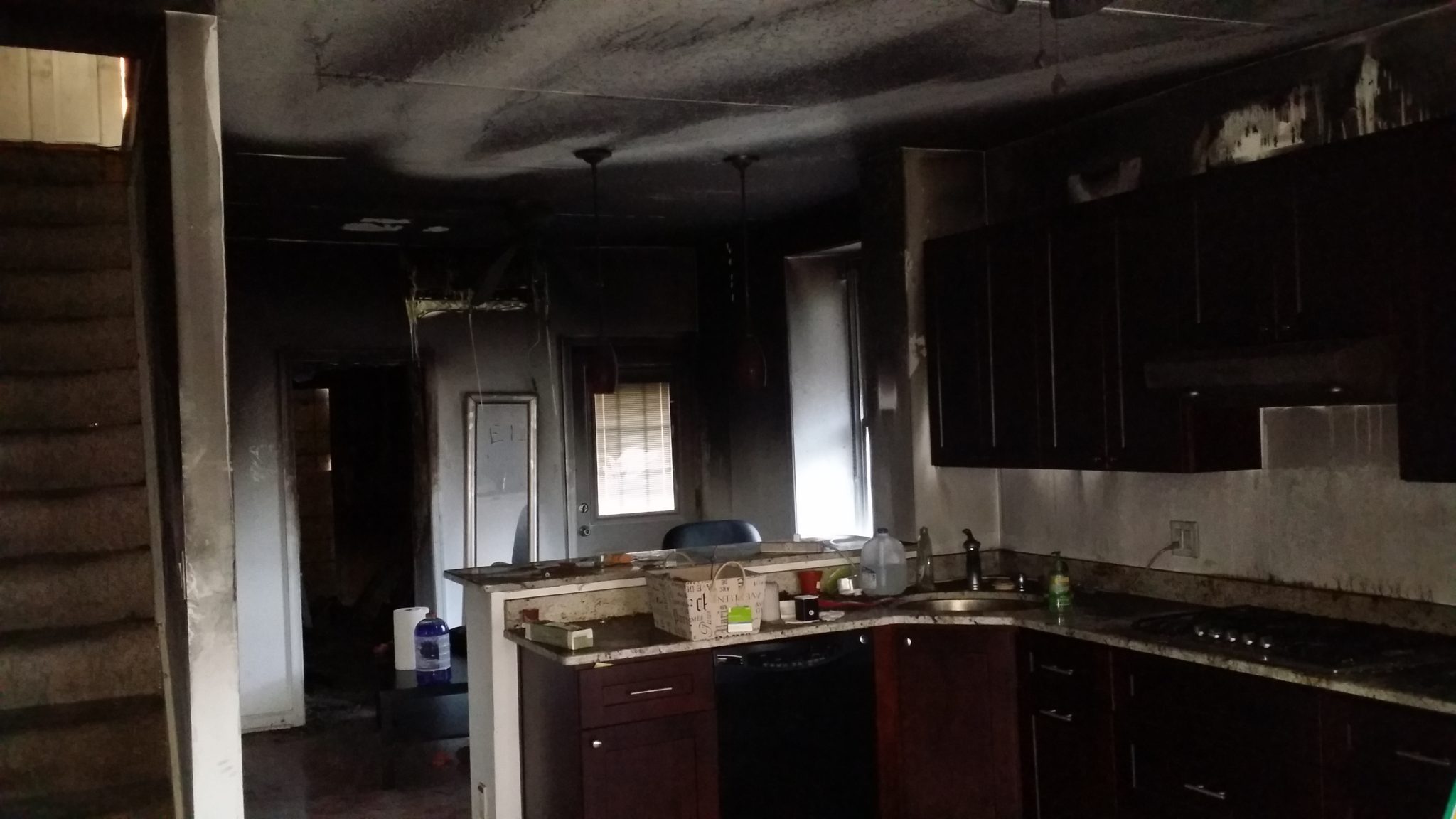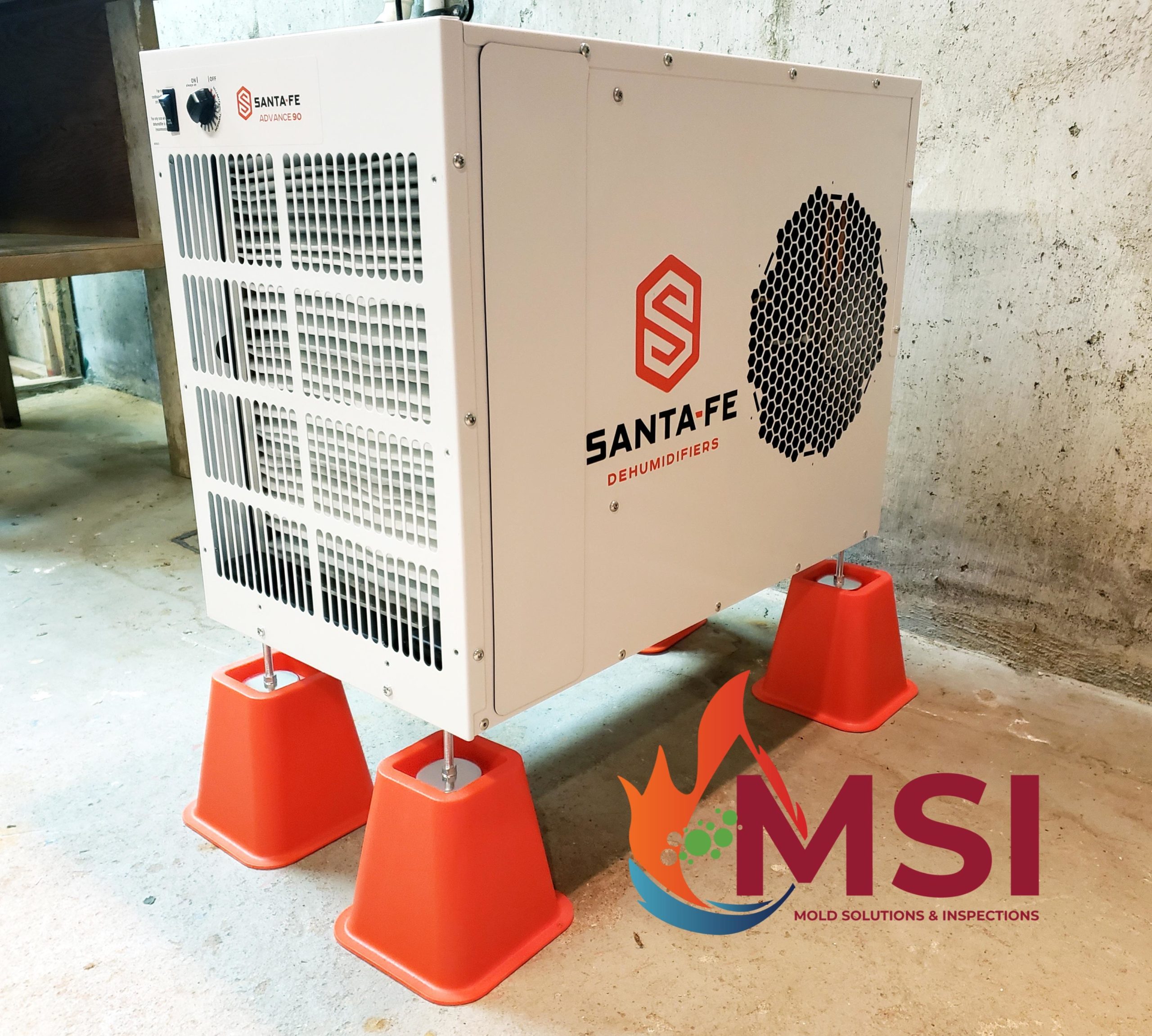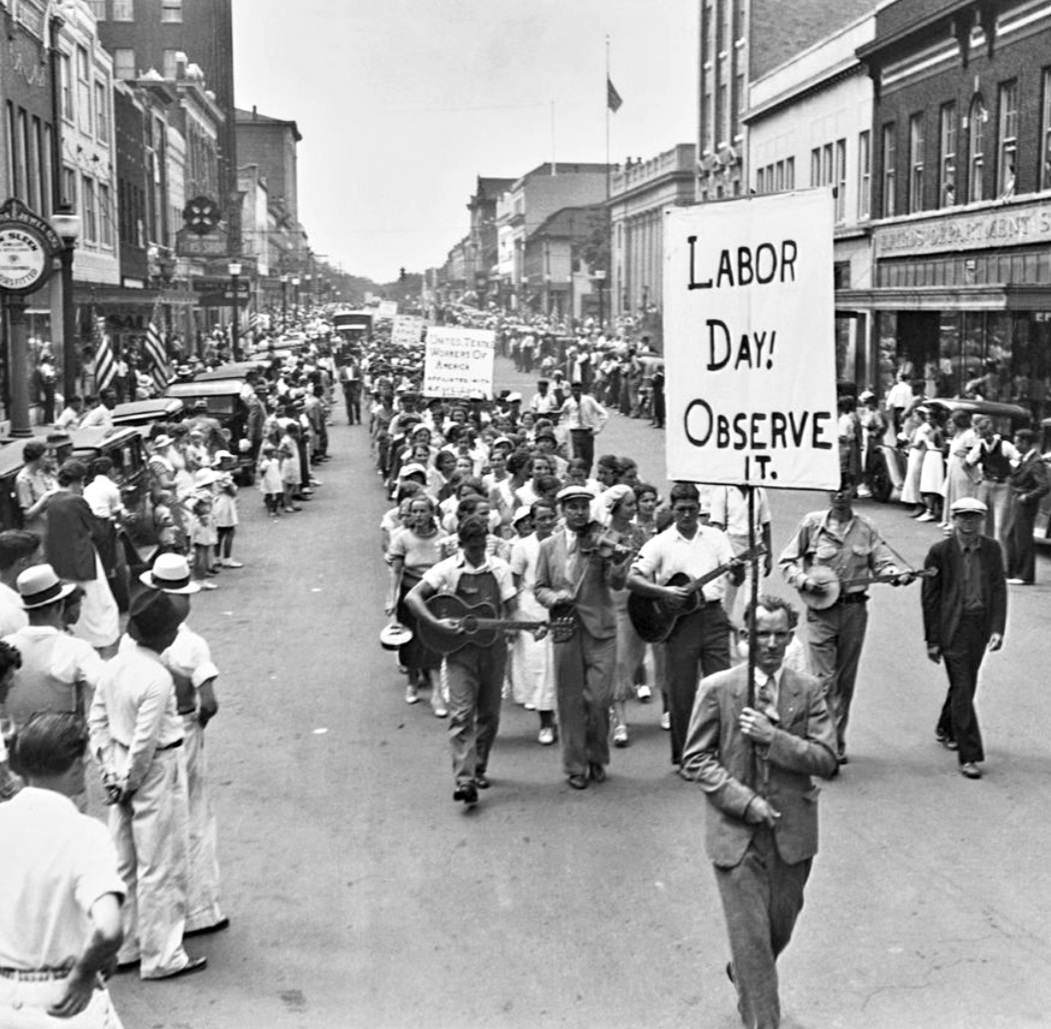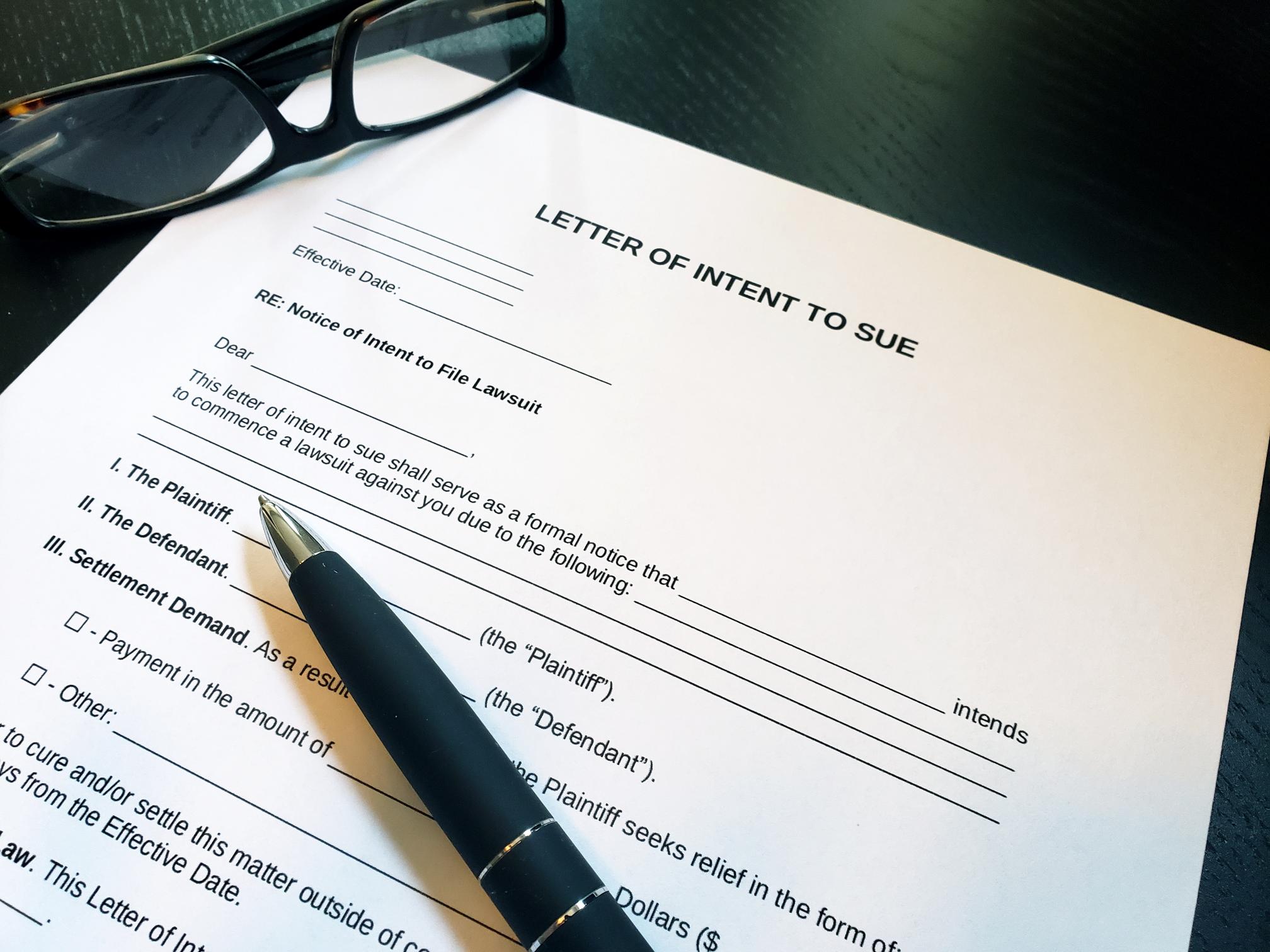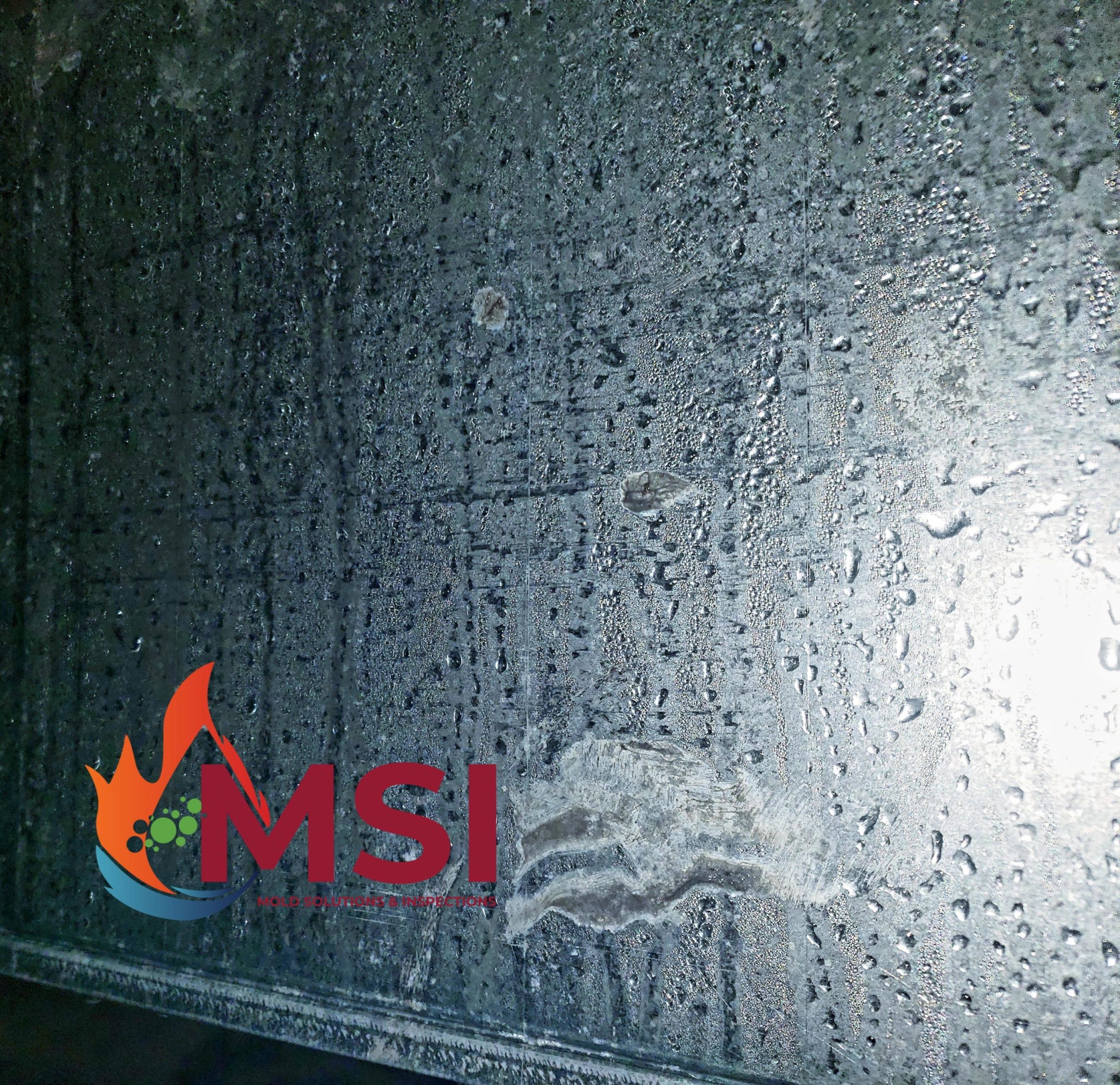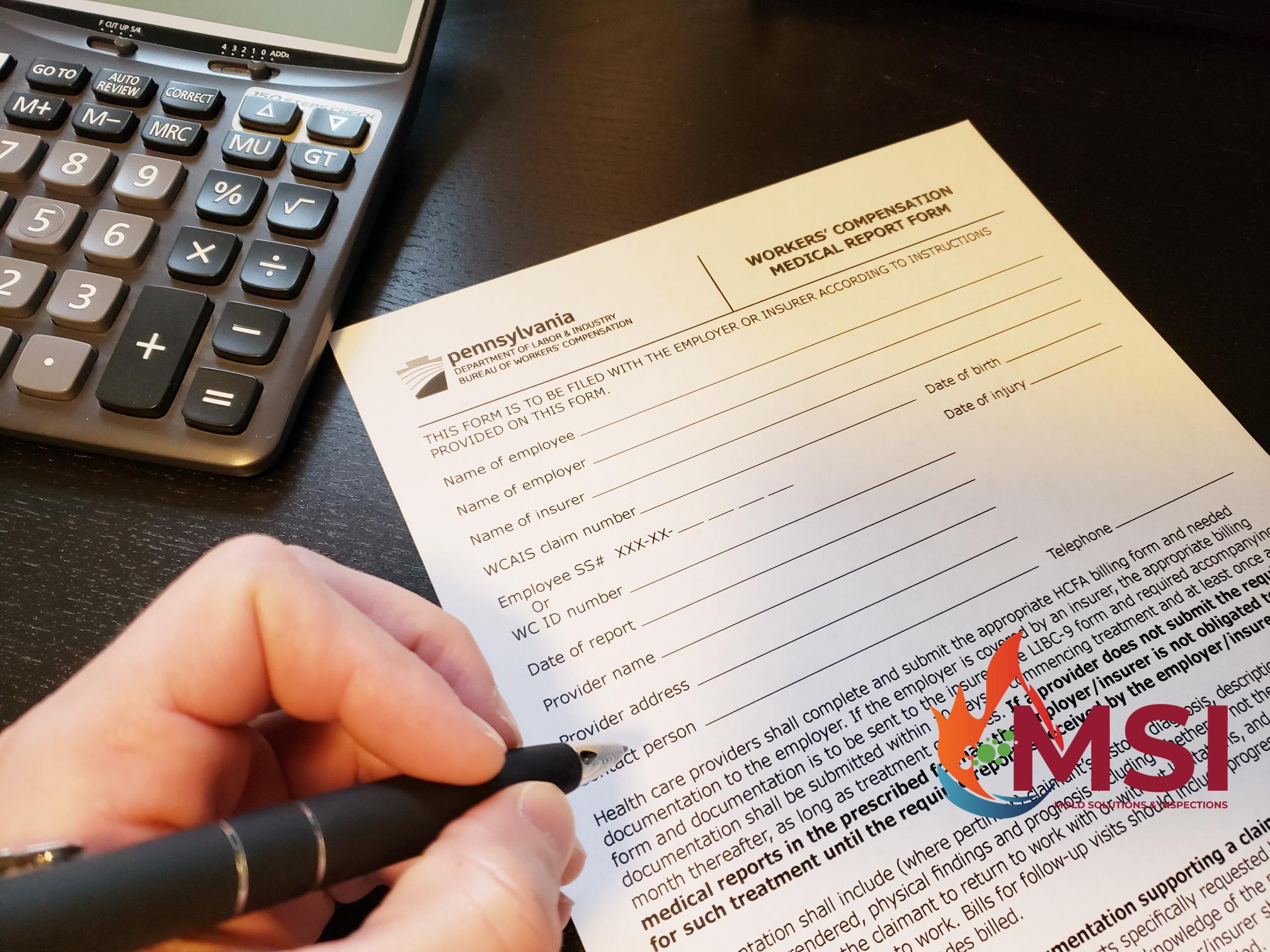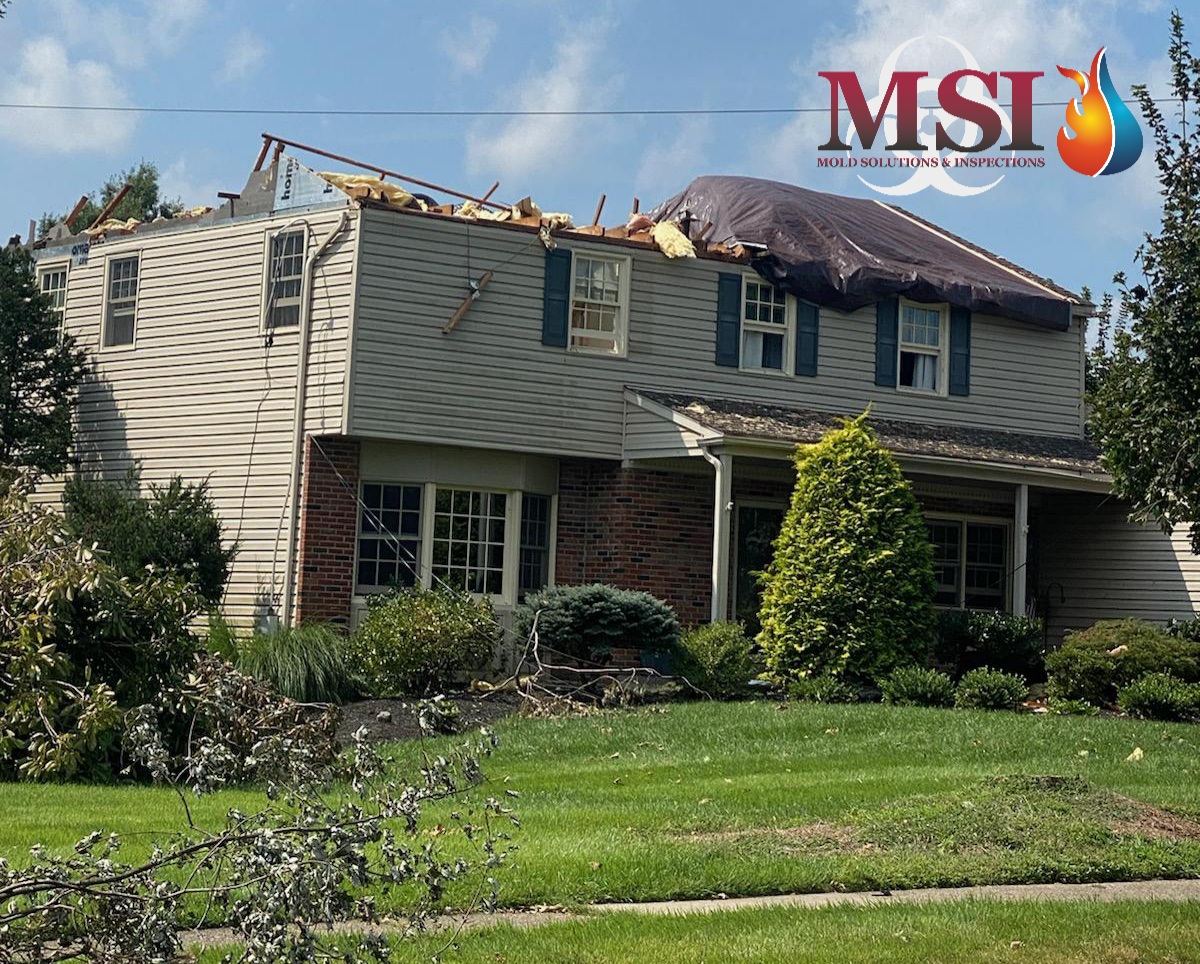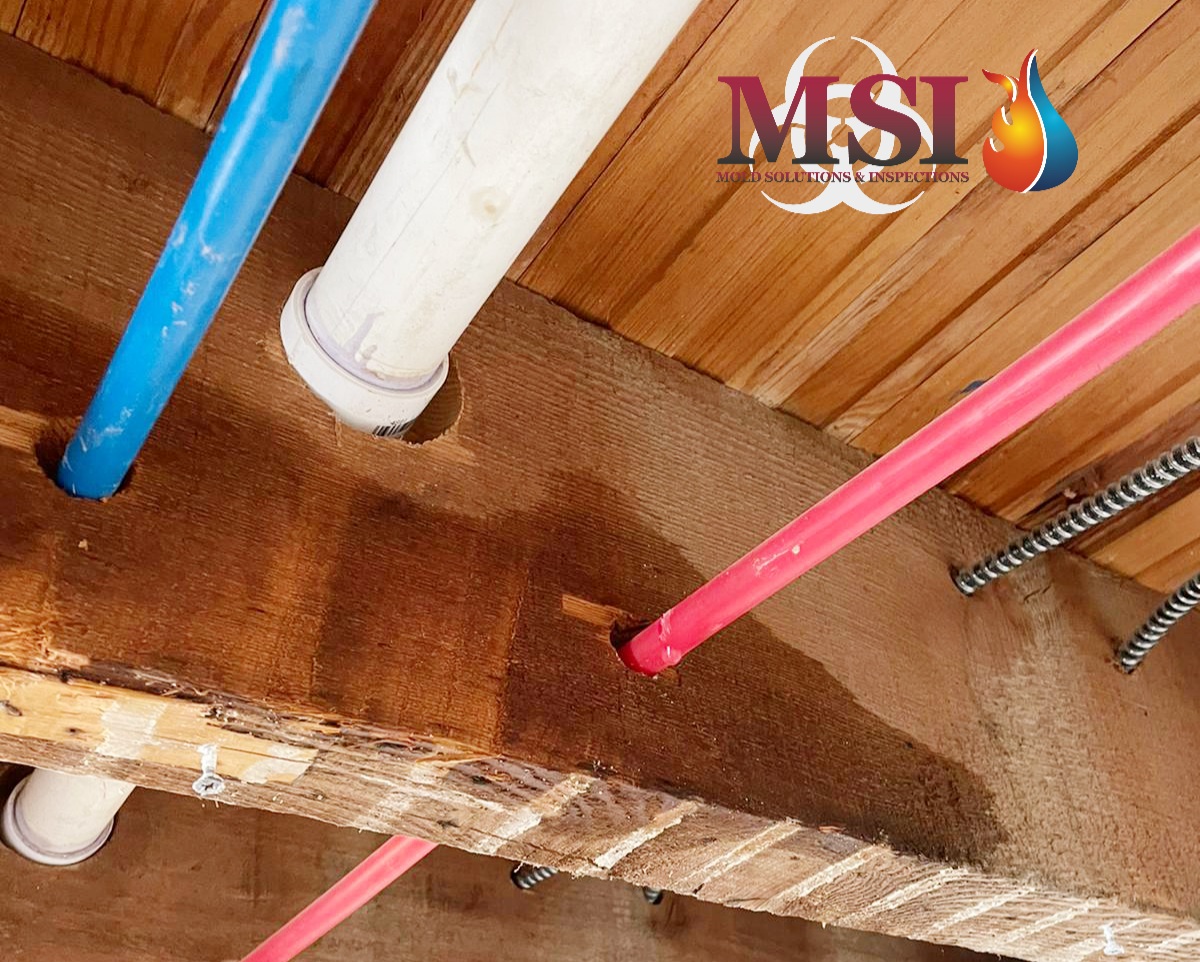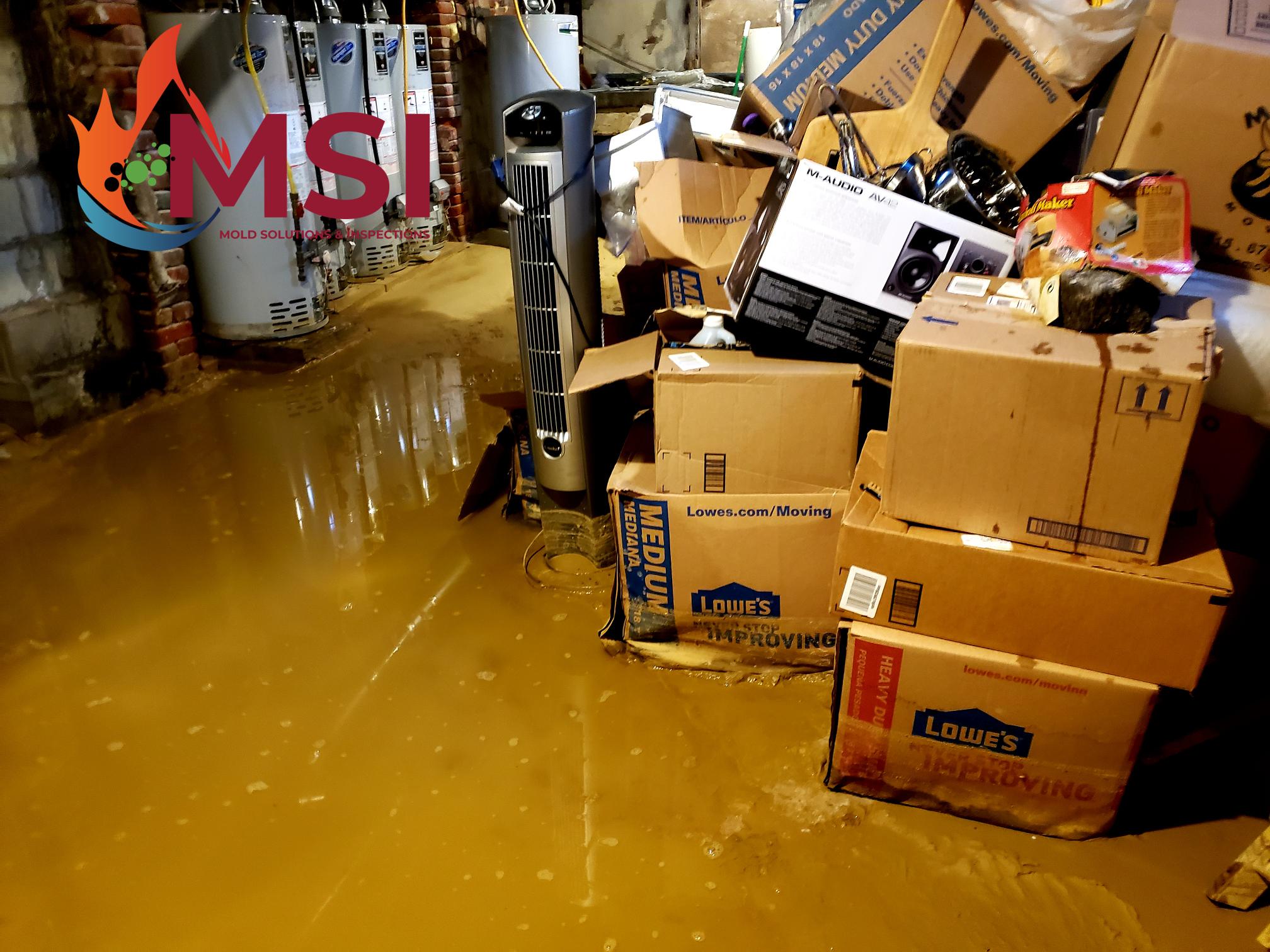Experiencing a fire in your home can be devastating. But even if you have fire insurance, you may have trouble filing a claim for smoke damage in your home. If you’ve been frustrated by an insurance agency that’s refusing to pay for smoke damage, then we want to help. Here are some of the most important tips to know about smoke damage insurance claims.
1. Your insurance policy will likely cover losses you experienced in the fire. With that in mind, your first job after experiencing smoke damage in a fire is to thoroughly document your losses and damages.
Make a list of information that includes all of the following about your property:
- Date of Loss
- Type of Loss or Damage
- Location or Damage
- Any Related Injuries
- Others Involved
- Condition of the Home
- Description of Damaged Contents
- Whether or Not Temporary Repairs or Complete Replacements Are Necessary
- A Police and Fire Department Report
Remember: your insurance company likely requires you to contact them within a certain amount of time after a loss has occurred. Make sure you know that amount of time and file your damage claims on-time.
2. You’re going to exchange hundreds of emails and documents with your insurance company over the next few months. Make sure you document everything. Get a binder or good storage system, to start.
A typical homeowner’s insurance policy will cover damage caused by wind, fire, and lightning. If your home is destroyed by a fire, then the insurance company needs to pay to build you a new home. A typical insurance policy will also pay to replace or repair anything inside that home that may have been damaged by flames, smoke, soot, ash, and other byproducts of the fire. Smoke damage is nasty and can affect virtually everything in your home. Many of your possessions and furniture may need to be discarded – even if they don’t look badly damaged.
Remember: you pay for insurance specifically to cover situations like this. Document all of the items in your home that have even small amounts of smoke, soot, or ash damage. Your walls may be stained black, for example. Floors and carpeting may be permanently ruined with soot. Even your ceilings could turn an ugly shade of black. Upholstery, drapes, clothing, and family heirlooms can all suffer damage.
3. After documenting smoke damage and speaking with your insurance agency, you should pay for professional cleaners or remediation experts to enter your home. Most insurance policies will cover professional cleaning costs (check to make sure). It’s unsafe for you to clean your home after a fire. Soot and ash can have lifelong effects on your health. Professional cleaners and remediation teams have specialized equipment and personal protection devices to safeguard them against smoke damage in your home.
Many homeowners will try to clean up smoke damage themselves, only to realize that water-based cleaners only make the stains worse. In more extreme cases, you may also have to pay to deodorize the house or replace insulation in the walls or attic. However, professional cleaning or remediation is a good start.

